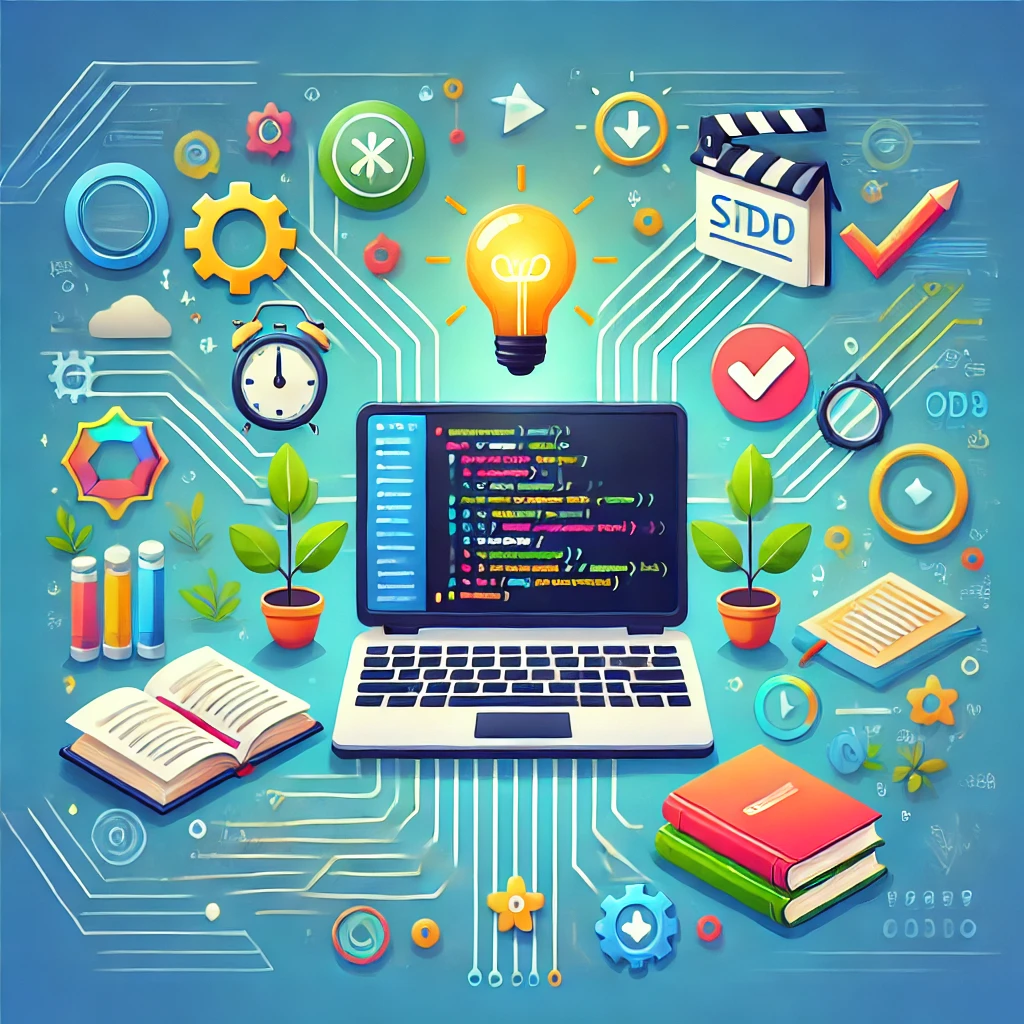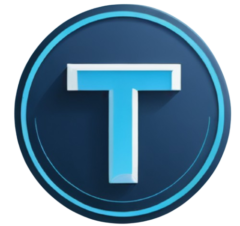Introduction
Starting your programming journey can feel both exciting and intimidating. You might have heard terms like variables, loops, debugging, and algorithms, but figuring out where to begin can be overwhelming.
The good news? Programming is a skill anyone can master with patience, practice, and the right strategies. In this guide, we’ll share 5 essential programming tips for beginners that will help you write better code, overcome challenges, and gain the confidence to build real-world projects. Whether you’re diving into Python, JavaScript, or any other language, these tips are your foundation for success.

1. Start with the Basics
Why It Matters
Programming is built on fundamental concepts. Before diving into advanced topics like frameworks or APIs, you need to understand the basics: variables, loops, conditionals, and functions. These elements are the building blocks of every program.
How to Get Started
- Learn Step-by-Step: Platforms like Codecademy, freeCodeCamp, and Khan Academy offer structured lessons tailored for beginners.
- Experiment with Code: Write small snippets to see how things work. For example, create a simple program that asks for user input:
# python Code
name = input("What’s your name? ")
print(f"Hello, {name}! Welcome to programming!")
- Build Mini Projects: Start with simple apps like a calculator or a to-do list to apply what you’ve learned.
Pro Tip
Focus on understanding how and why the code works instead of simply copying examples. For instance, try tweaking variables or changing values to see how it affects the program.
2. Write Clean and Readable Code
Why It Matters
Clean code isn’t just for others—it makes your life as a programmer much easier. Code that’s easy to read, understand, and maintain saves you time when debugging or revisiting a project.
Best Practices for Clean Code
- Use Descriptive Names: Instead of vague variables like
xortemp, use meaningful ones likeuserNameororderTotal. - Add Comments: Use comments to explain your code’s purpose. For example:pythonCopy code
# Calculate the area of a rectangle area = length * width - Stick to Consistent Formatting: Use tools like Prettier (JavaScript) or Black (Python) to maintain a clean coding style.
How to Apply This Daily
Start small by organizing your code into functions that each perform one task. For instance:
# python Code
def calculate_tax(price, tax_rate):
return price * tax_rate
Pro Tip
Avoid writing long, cluttered functions. Modular code is easier to debug and reuse in future projects.
3. Practice Consistently
Why It Matters
Programming is a skill, and like any skill, it improves with consistent practice. The more you code, the better you’ll understand problem-solving, syntax, and logic.
How to Practice
- Join Coding Platforms: Sites like LeetCode, HackerRank, and Codewars offer challenges that help you build problem-solving skills.
- Create Personal Projects: Apply what you learn by building:
- A budgeting app for tracking expenses.
- A portfolio website to showcase your work.
- A weather app that fetches real-time data from an API.
- Revisit Old Code: Refactor your earlier projects to improve efficiency and readability.
Pro Tip
Don’t be afraid to make mistakes. Debugging and fixing errors is one of the best ways to learn.
4. Learn to Debug Like a Pro
Why It Matters
Bugs are inevitable, even for the most experienced developers. Learning to debug effectively will save you time and frustration, while also helping you understand your code better.
Debugging Tips
- Read Error Messages Carefully: Error messages often tell you exactly what’s wrong. Pay attention to the line numbers and descriptions.
- Use Print Statements: Track variables and program flow with print statements:
# python code
print(f"Current value of counter: {counter}")
- Utilize Debugging Tools: Modern IDEs like Visual Studio Code and PyCharm include built-in debuggers that let you step through code line by line.
Pro Tip
When faced with a bug, break the problem into smaller parts. Test each section independently to pinpoint the issue.
5. Join the Programming Community
Why It Matters
Programming doesn’t have to be a solo journey. Joining a community allows you to learn from others, find support, and collaborate on exciting projects.
Where to Connect
- Online Communities: Platforms like Reddit’s r/learnprogramming and Stack Overflow are great for asking questions and finding answers.
- GitHub: Collaborate on open-source projects and learn how experienced developers write and organize their code.
- Local Meetups: Use websites like Meetup.com to find hackathons, coding bootcamps, and networking events.
Pro Tip
Contribute to open-source projects or help answer questions on forums. Teaching others is a powerful way to solidify your knowledge.
Conclusion
Starting your programming journey is an exciting step toward a fulfilling and dynamic career. By focusing on the basics, writing clean code, practicing consistently, mastering debugging, and engaging with the programming community, you’ll build a strong foundation for long-term success.
What’s Next?
Choose one tip from this list and start today! Whether it’s solving a coding challenge or contributing to an open-source project, the key is to take consistent steps forward.
What’s the first programming tip you’re planning to try? Share your thoughts in the comments below or drop us a message at info@techliking.com. Let’s grow together and build the future of technology!
